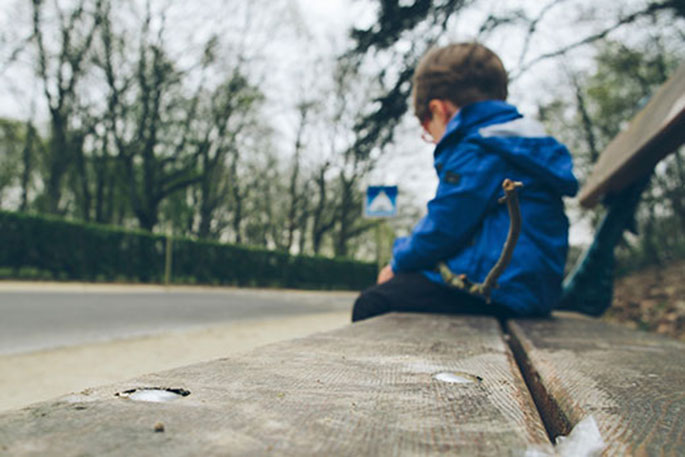New Zealand may now be out of lockdown, but many Kiwi are not out of crisis, warns the Salvation Army.
As a growing number of New Zealanders struggle with a post-COVID-19 world of job loss and financial stress, The Salvation Army Te Ope Whakaora says they experienced unprecedented increases in demand for our services during COVID-19.
This winter, the organisation is rolling up its sleeves again to support the expected surge in the number of vulnerable New Zealanders, who will face tough choices over which essentials they can cover on a low income.
Many work in hardest-hit industries, such as hospitality and seasonal work.
Others are migrant workers, with English as a second language, or work in unstable zero-hour contracts.
Most have never had to ask for help before.
'We're on the crest of a wave, but that wave's going to crash,” says Jono Bell, the Army's Territorial Director of Community Ministries.
'The Government put great support systems in place during lockdown, it's the long-term support that is going to be needed.”
After the Global Financial Crisis of 2008/9, The Salvation Army saw a hundred percent increase in demand for our services for the following four years.
A similar or increased level of need is being predicted again.
The Salvation Army's Social Policy and Parliamentary Unit Analyst Ronji Tanielu says 10 per cent of New Zealanders are expected to be without a job by December.
'Many people on low incomes don't have buffers. They don't have savings, they don't have job flexibility.
'We expect there will be a huge impact going forward for quite a long time. And the impact will be across the board—housing, child poverty, food insecurity and addictions.”
'We have migrants, and we have a new cohort of New Zealanders who are experiencing financial difficulties for the first time in their lives,” says Jono.
'But it's the 10 per cent of the most impoverished who will once again suffer the most.
'As stress and anxiety and hardship increase as people struggle to cope with reduced or very little income, we expect to see an increase in addictions, suicide and violence—people struggling to find ways to cope.”
With support, The Salvation Army will continue to empower people to move from crisis to independence through programmes like financial mentoring, which will ease the stress of a sudden loss of income; counselling, drug, alcohol and gambling addiction help; long-term, affordable social housing; and Positive Lifestyle programmes that promote mental wellbeing and hope for the future.
Lockdown in numbers
23 March to – 25 May 2020
36,972 food parcels given out
11,242 first-time clients
717 helped with clothing, linen or household packages
4713 budgeting hours with clients
21,219 text enquiries for assistance
More than 6000 requests for help across all our services through our 0800 number.
The Salvation Army Winter Appeal: July 6 – July 31, 2020



0 comments
Leave a Comment
You must be logged in to make a comment.